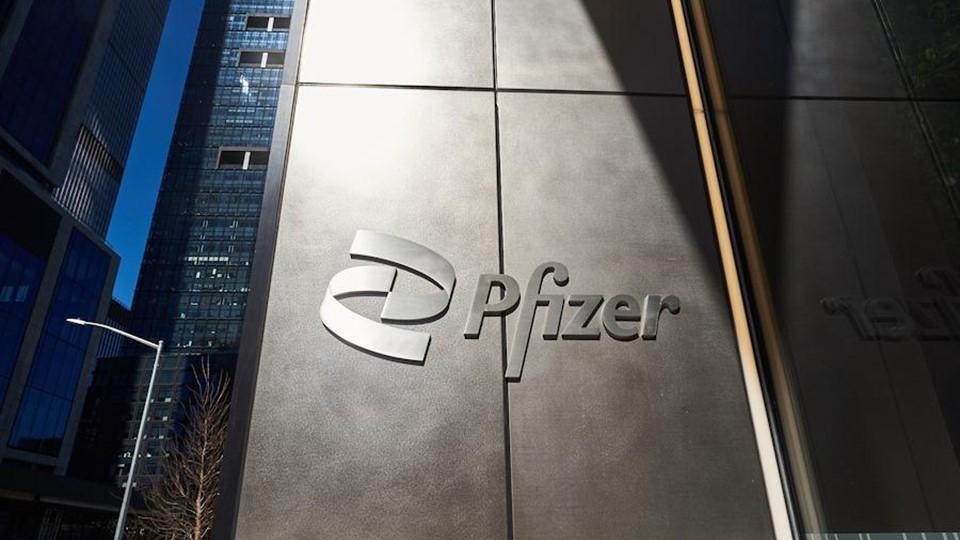Pfizer joins off-the-shelf BCMA fight with Elrexfio okay

The FDA has approved Pfizer's BCMAxCD3 bispecific antibody Elrexfio as another off-the-shelf treatment option for people with multiple myeloma who have exhausted at least four prior lines of therapy.
The new drug will be a direct competitor to Johnson & Johnson's Tecvayli (teclistamab), another BCMAxCD3 bispecific that was cleared for marketing in the US last October, and like its rival is administered as a subcutaneous injection.
It also joins other BCMA-directed therapies for later-line multiple myeloma, including a pair of intravenous CAR-T therapies – Bristol-Myers Squibb/bluebird bio's Abecma (idecabtagene vicleucel) and J&J/Legend Biotech's Carvykti (ciltacabtagene autoleucel) – that are made from patients' cells and have complex manufacturing procedures.
Elrexfio (elranatamab) has been approved by the FDA on the back of the phase 2 MagnetisMM-3 study, which showed a 58% overall response rate (ORR) in patients who had undergone at least four prior lines of treatment, including a proteasome inhibitor, an immunomodulatory agent and an anti-CD38 monoclonal antibody, and has not previously received a BCMA therapy.
A subgroup of patients with longer follow-up reported at this year's ASCO congress showed a 61% ORR, including 35% complete responses. After almost 15 months, the median duration of response was still not reached, with Pfizer estimating that the probability of reaching that time point without disease progression is 71.5%.
The efficacy results are in the same area as the MajesTEC-1 trial that underpinned Tecvayli's approval, which revealed an ORR of 63%, including 45% complete responses (although that study also included some patients with three prior lines of the therapy), as well as results seen with the CAR-T therapies.
Pfizer's bispecific will launch with a slight edge over Tecvayli in dosing frequency, as it can be given every other week after an initial course of 14 weekly doses, while J&J's drug needs to be given weekly throughout. However, J&J already has data from MajesTEC-1 showing that Tecvayli maintains efficacy with biweekly dosing and is seeking approval.
On safety, both of the bispecifics have warning labels covering cytokine release syndrome (CRS) and neurotoxicity and have to be prescribed under a risk evaluation and mitigation strategy (REMS).
Pfizer is planning to launch Elrexfio in the next few weeks and has set a list price of the drug of around $41,500 per month - slightly higher than Tecvayli's $39,500 monthly price at launch.
Both Pfizer and J&J, meanwhile, are working to move their drugs further up the treatment pathway. In Europe, Tecvayli is already a third-line option based on the MajesTEC-1 data, but J&J is also combining the drug with Genmab-partnered anti-CD38 antibody Darzalex (daratumumab) in the phase 3 MajesTEC-3 trial, involving multiple myeloma patients who have received one to three prior lines of therapy.
Meanwhile, Pfizer is running the MagnetisMM-5 trial of its antibody in combination with Darzalex in the second-line setting, and MagnetisMM-7 in which Elrexfio is used as a maintenance therapy for newly-diagnosed patients undergoing treatment with a bone marrow transplant.
Multiple myeloma is a blood cancer that affects plasma cells made in the bone marrow. There are more than 34,000 new cases of multiple myeloma diagnosed annually in the US alone, and 176,000 globally. Despite treatment advances, there is currently no cure.













